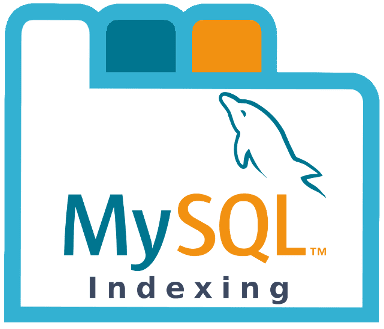Category: Tutorials
The Liquid Web knowledgebase provides information on thousands of topics surrounding every aspect of hosting, Linux, Windows, and countless other article types that help boost your Liquid Web experience!
How to Edit Your Hosts File in Windows 10
What is a Hosts File?
The hosts file is a local plain text file that maps servers or hostnames to IP addresses. This file has been in use since the time of ARPANET. It was the original method to resolve hostnames to a specific IP address. The hosts file is usually the first process in the domain name resolution procedure. Here is an example of a hosts file entry.
How to Install and Configure Minikube on Ubuntu
Introduction
This article will demonstrate how to install and configure Minikube to set up a small Kubernetes cluster. We will then examine Kubernetes in more detail to apply that knowledge to a real-world example.
How to Edit Your DNS Hosts File
One of the most powerful tools available to anyone working on their site during a migration is their computer's "hosts" file. The hosts file is used to map domain names to IP addresses, and can be used as an alternative to DNS. It also allows you to specify the IP address to which a website resolves on your computer, regardless of what may be published in the site's DNS zone file.
The Top Five Open Source Nocode Tools
Introduction to NoCode Tools
“A No-code development platform allows programmers and non-programmers to create application software through graphical user interfaces and configuration instead of traditional computer programming1.” Various software tools and applications are being used all around us each day. You might be asking yourself, “How do they do it?”.
MySQL Performance: How To Leverage MySQL Database Indexing

Throughout this tutorial, we will cover some of the fundamentals of indexing. As part of the MySQL series, we will introduce capabilities of MySQL indexing and the role it plays in optimizing database performance. Liquid Web recommends consulting with a DBA before making any changes to your production level application.
Troubleshooting Microsoft SQL Server Error 18456
Login errors with Microsoft SQL Server (MSSQL) are a fairly common issue and can be easily solved with some basic troubleshooting steps. Before we dig in, let’s take a look at the details of the error to try and determine the cause.
Connecting to MySQL Using Python
In this article, we will be discussing how to connect to MySQL using Python. Python is one of the most productive and widely used programming languages in use today. Its simple and elegant syntax makes it ideal for new programmers, while experienced programmers enjoy the extensive list of available modules and functionalities.
An Introduction to Firewalld
In some ways, firewalld on systemd systems is easier to manage and configure than iptables. There are, for the most part, no long series of chains, jumps, accepts and denies that you need to memorize to get firewalld up and running in a basic configuration. The rules are simple and straightforward, but there is no reason you cannot still have all the power that iptables afforded.
MySQL Performance: Identifying Long Queries
Every MySQL backed application can benefit from a finely tuned database server. The Liquid Web Heroic Support team has encountered numerous situations over the years when some minor adjustments have made a world of difference in website and application performance. In this series of articles, we have outlined some of the more common recommendations that have had the largest impact on performance.
How to Install Squid Proxy Server on Ubuntu 16.04
A Squid Proxy Server is a feature-rich web server application that provides both reverse proxy services and caching options for websites. This provides a noticeable speedup of sites and allows for reduced load times when being utilized.
Our Sales and Support teams are available 24 hours by phone or e-mail to assist.

